What Ugandans should know before seeking healthcare second opinion.
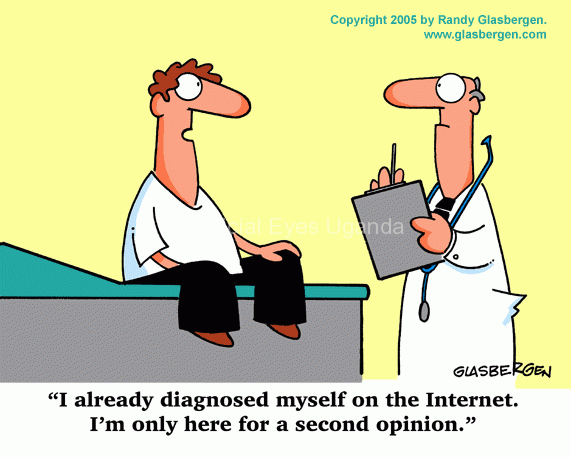
A lady went to a doctor to complain about a pain in her side. He informed her she was suffering from appendicitis and must undergo an operation.
Not quite trusting the doctor, she went to another physician for a second opinion.
This time, the doctor said her gall bladder has to be removed.
Feeling horrified at the diagnosis, the woman told her friend: “I’m returning to my first doctor. I’d rather have appendicitis, than gall bladder removed.“
Almost Always series
We are starting a series of writings and Vlogs called ALMOST ALWAYS, this will bring you facts that are almost always true. “Facts are stubborn things,” John Adams said, uttering what became a famous quotation. “And whatever may be our wishes, our inclinations, or the dictates of our passions, they cannot alter the state of facts and evidence”. In this series, we are going to tell you what facts you will meet in our healthcare system, and you will believe it or not.
(#01. What Ugandans should know when seeking healthcare second opinion)
Almost always your diagnosis will change between doctor to doctor in Uganda. As an insider of the system, I am going to tell you why this happens. In 2017 Mayo clinic in Minnesota conducted a research, according to that study published in the Journal of Evaluation in Clinical Practice, found out that 20% of the time; the final diagnosis was completely different from the original diagnosis after seeking a second opinion. I urge you to read the publication for the details.
Second opinion is a good idea, if your guts tell you to do so, then you better. For bible believers, the book of proverbs mentions this directly at least three time (Proverbs 15:22, 11:14, 24:6). In Uganda I should assume that, that 20% will be much higher because we don’t have good diagnostic criteria that doctors follow generally across the country, much as Uganda has pretty good knowledgeable doctors and yes, that is a fact. I know, because I have had medical training in three other countries, Netherlands, USA and China, so I have a good basis of comparison.A doctor trained from Makerere will work out a diagnosis of a condition differently than another trained from Gulu University while all American doctors will work out a diagnosis in a similar fashion because the USA has a series of five licensing exams that doctors take to get a license to practice medicine. By the time they finish these many mentally hectic exams, the doctors will be wired to think and approach the problems the same way, for that reason you will have a streamlined way of diagnosing diseases across the country. Obviously, our poor system makes that percentage probably higher. For those still doubting this, I will give you an example in form of a medical scenario, a woman comes to the hospital because she fell in the bathroom and hit her head, she presents with bleeding in the left ear. Anyone who did the United States medical license exams (USMLE) will automatically first find out if the patient lost consciousness or blacked out during the incident. If this happened then you have to rule out a concussion (bleeding or injury to the brain) as opposed to just a scalp injury with a CT scan. This is crucial because damage to the brain has a strict intervention timeline for one to have a complete recovery. Two Ugandan trained doctors almost always will have different approaches to this, one probably will first think of repairing the wound, the other will give pain killers and send home if the patient hesitates to pay for the CT scan. These two doctors are not wired to rule out the crucial differential diagnosis.
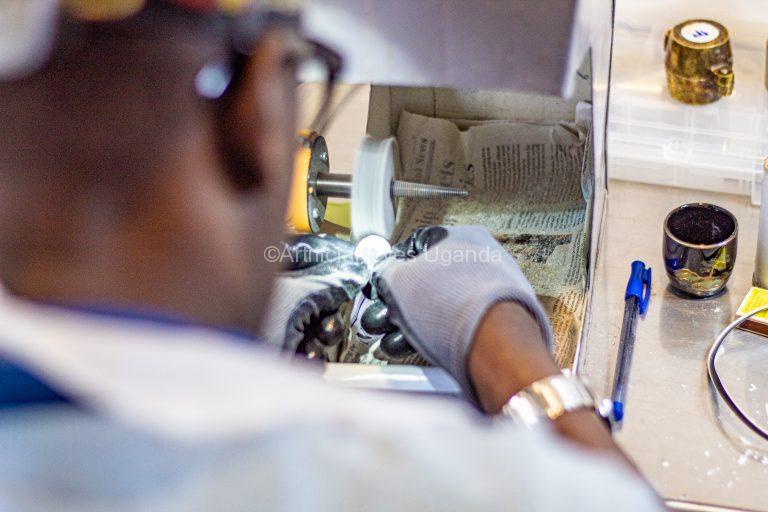
That said, seeking a second opinion in our country, is a very good idea. Welcome to another fact, that medicine is hugely geographical, we need to borrow what could work for us to get better healthcare, and this is one of the many things we can adopt to make our system better. Using a similar example, the American healthcare system has its own problems as well as the good. We don’t need to solve problems that others have already solved. When you think of seeking a second opinion in Uganda, there are some things you must have in mind. Again, as an insider, I will shock you with a few of them. I have not met a patient in Uganda who has told his primary doctor that they are going for a second opinion. Why? Because there is fear that the primary doctor won’t be happy. I will tell you if you have trained in Uganda and for the most part East Africa, second opinion won’t be your sweet dessert to your primary physician. This is because of a psychology concept called conformity. We all tend to conform to the society we grow up from, train or leave in. Our view and workmanship are influenced by these factors. Almost always if you told a Ugandan doctor, that you’re going to seek for a second opinion, they won’t take in well.
Like every profession that has a hierarchy system, it will be prone to suffer from this problem. In our medical system, hierarchy and ego are like ice and water, yet these compete with the patient’s best interests. This is all learned during our training as we underestimate the effect of subconscious learning in our training.
If you discover your doctor has a higher emotional intelligence and will not get hurt by your second opinion, send them feedback of what you got elsewhere so that they can see what they missed and not to miss it again next time. Once we realise that doctors are humans too that can make mistakes, we shall embrace second opinions and giving feedback without worry of hurting them.
If you have thought of having a second opinion then you most likely need to understand the level of emotional intelligence of your primary doctor and act accordingly. Otherwise at www.artificialeyesuganda.com/medical-consult/ we can help you figure this out effortlessly. We shall advise you accordingly. Please contact us when in doubt.
Next under the Almost Always series of our healthcare, is about brain stroke.
See you then smart people, and stay healthy!
(Comments are welcome in the comment section)
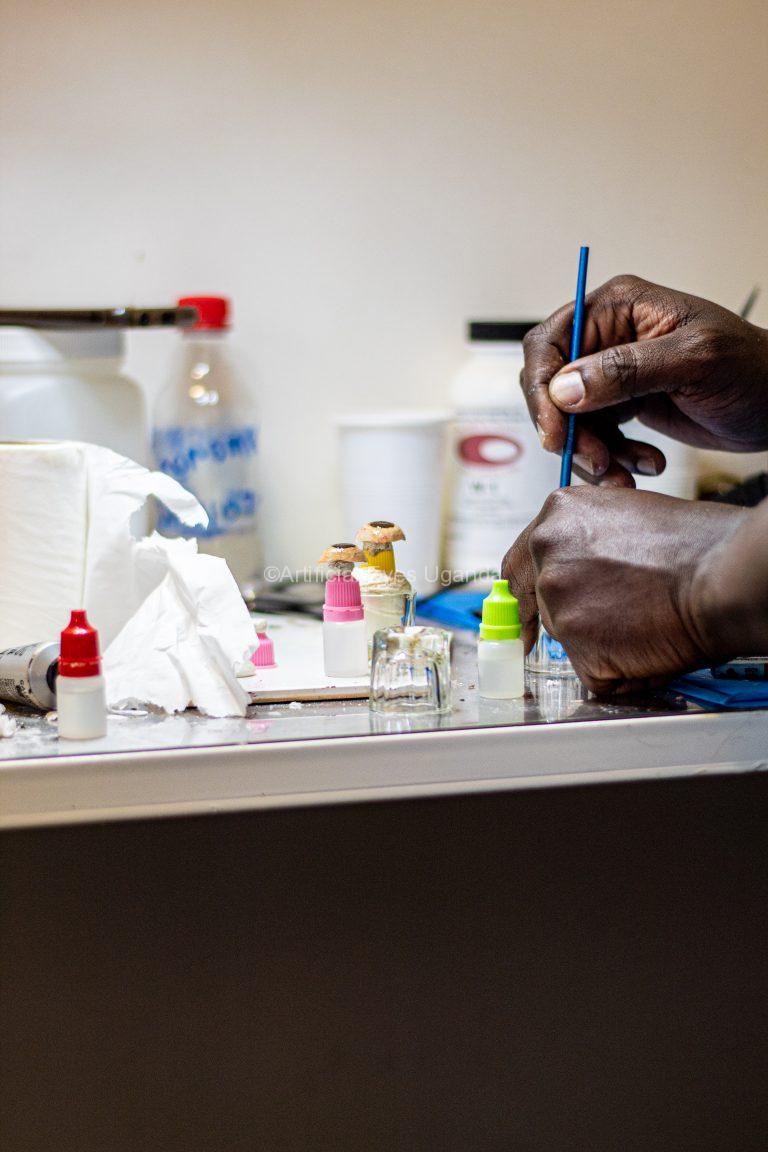
ABOUT US
We take great passion in creating solutions that can give you so much confidence and encouragement in a situation that can at times be very difficult. We are all highly motivated professionals, constantly working to produce prostheses, the best each time we do it. We remain well connected with those in our industry, to evolve in the best we can be while learning from others.
FOLLOW US
ALL CONTACTS
- Queen's Road, Entebbe
- +256754077479
- contact@artificialeyesuganda.com
- Only On Appointment
- P.O.Box 738, Entebbe, Wakiso, Uganda
- Artificial Eyes - Copyright 2021


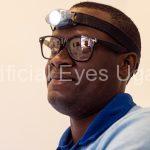


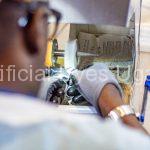



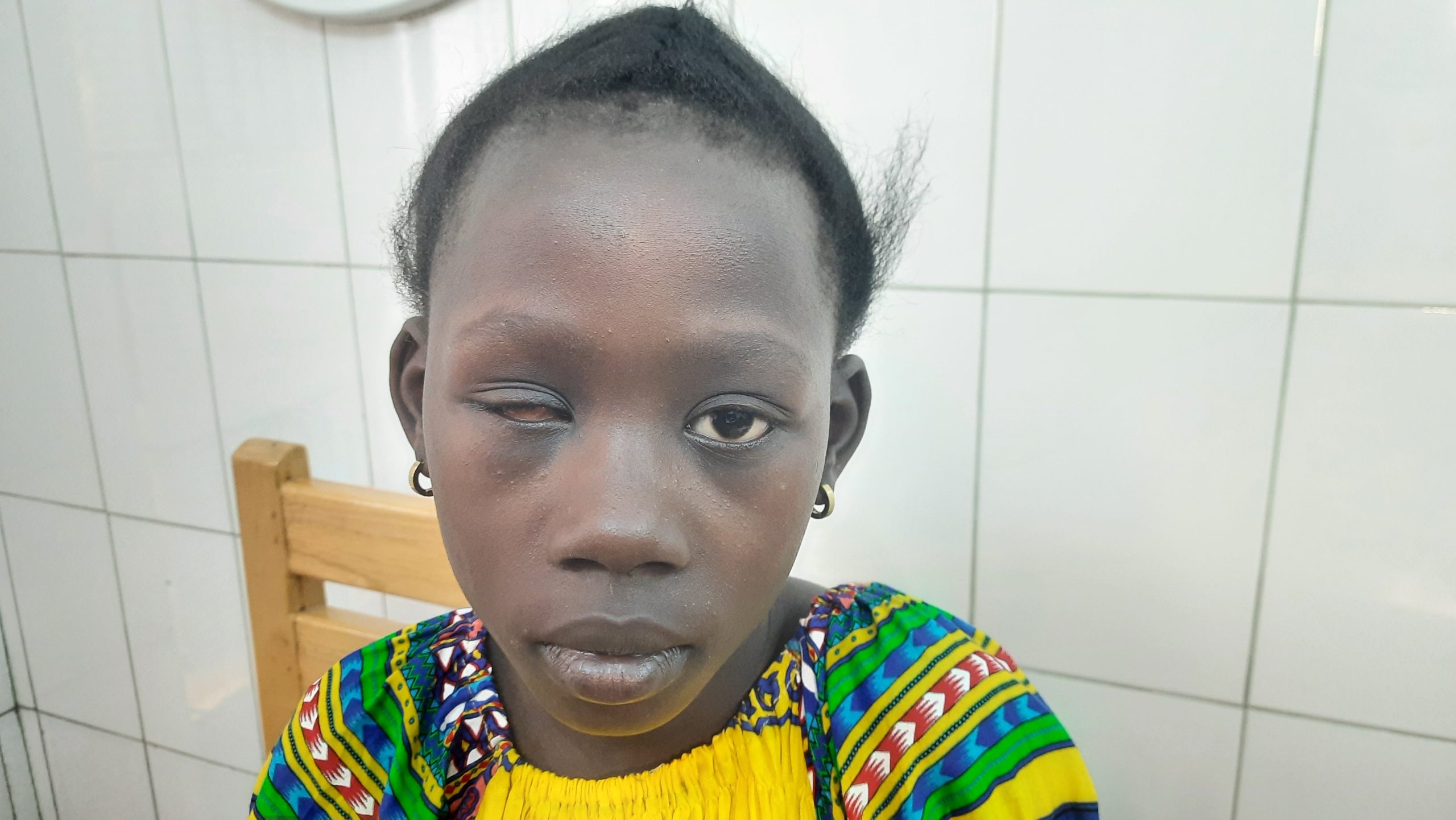
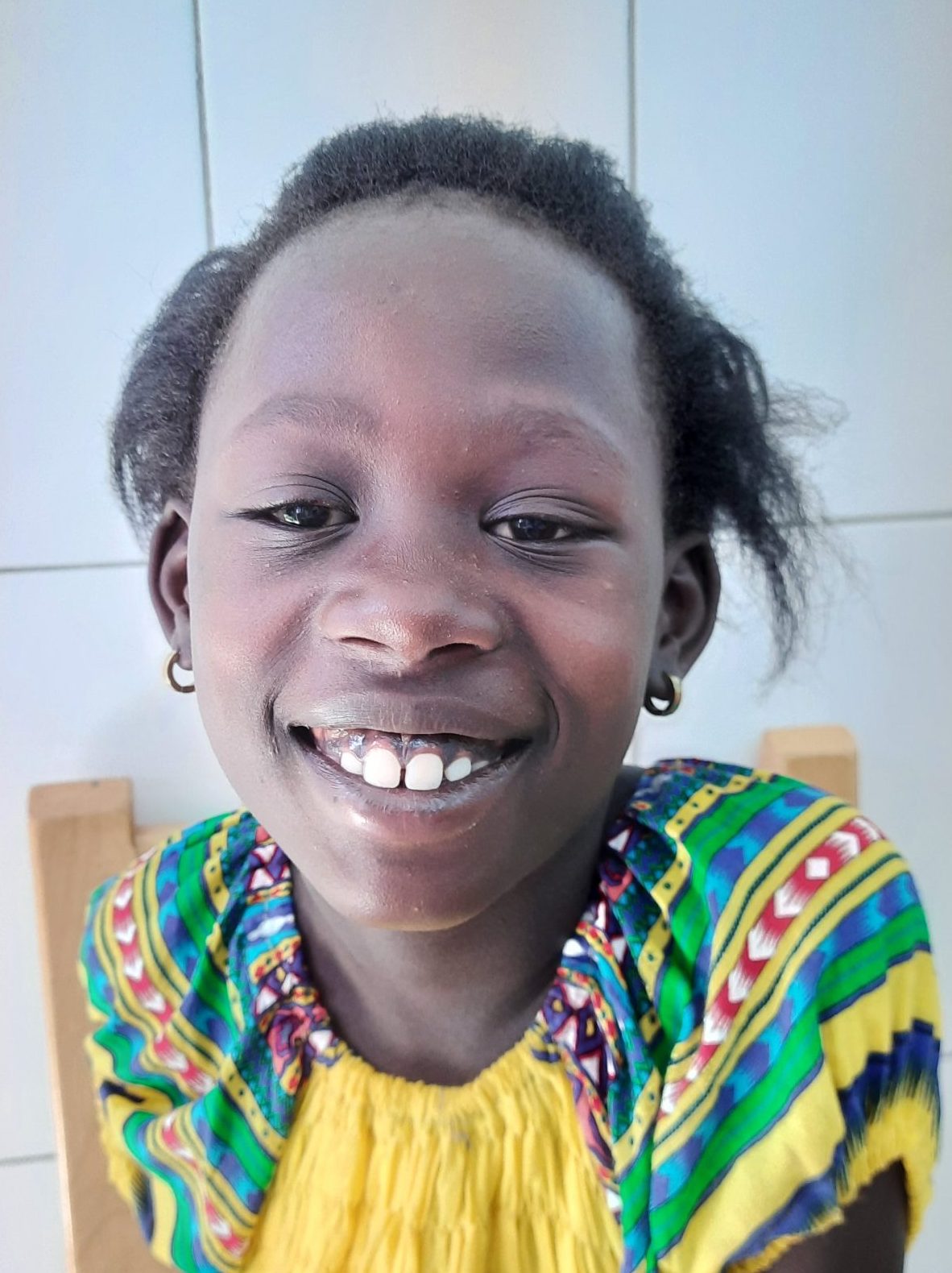
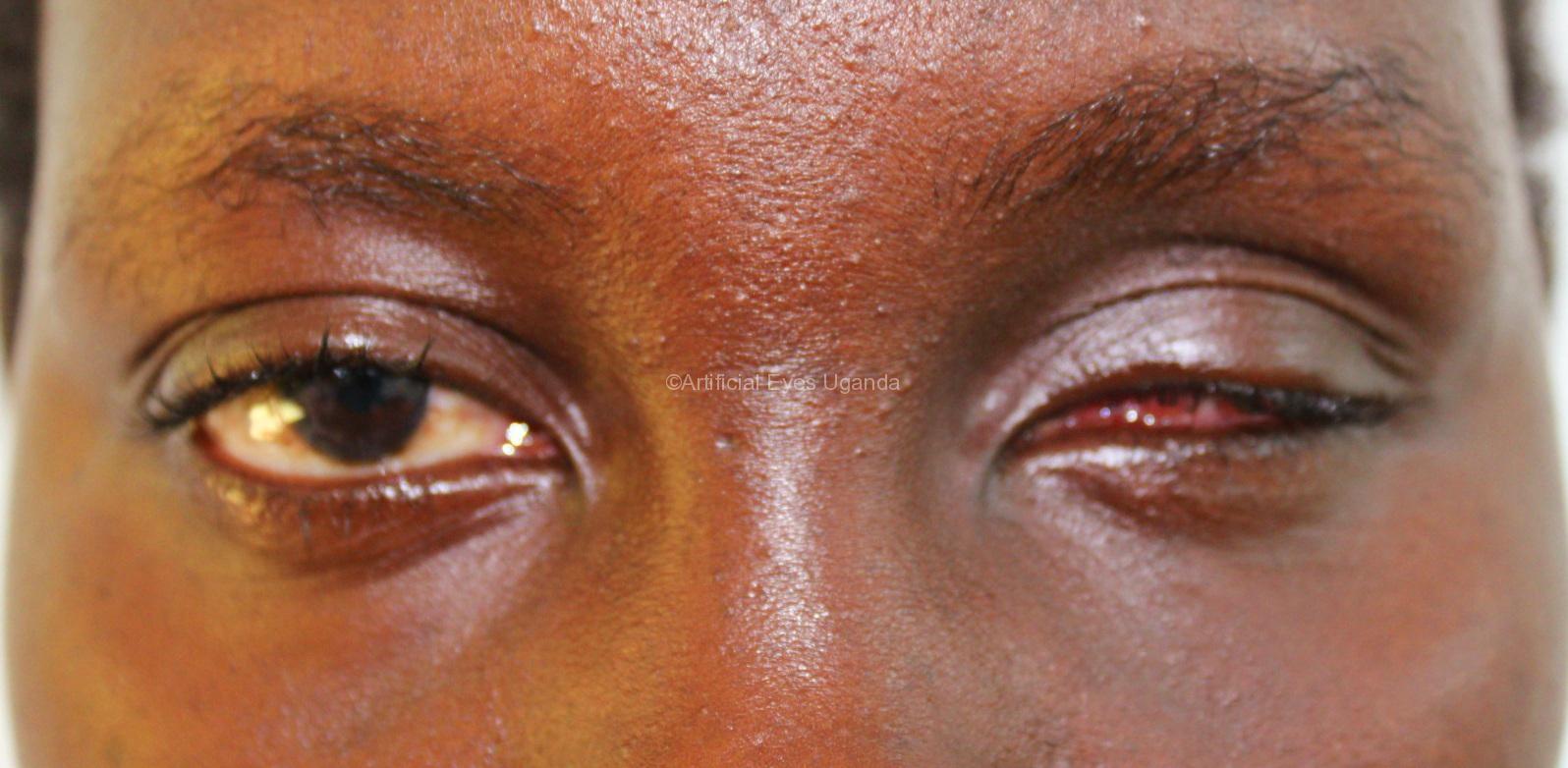
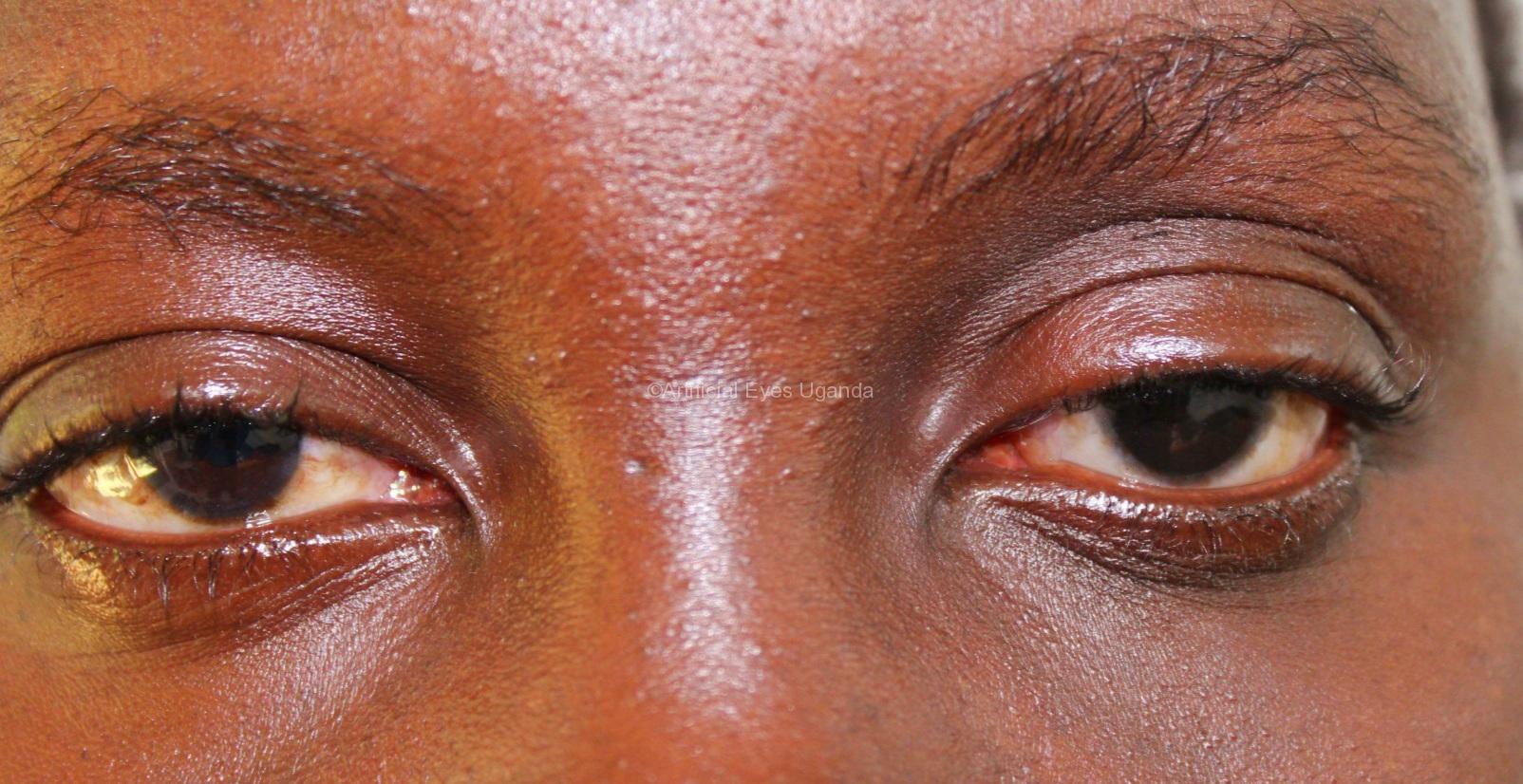
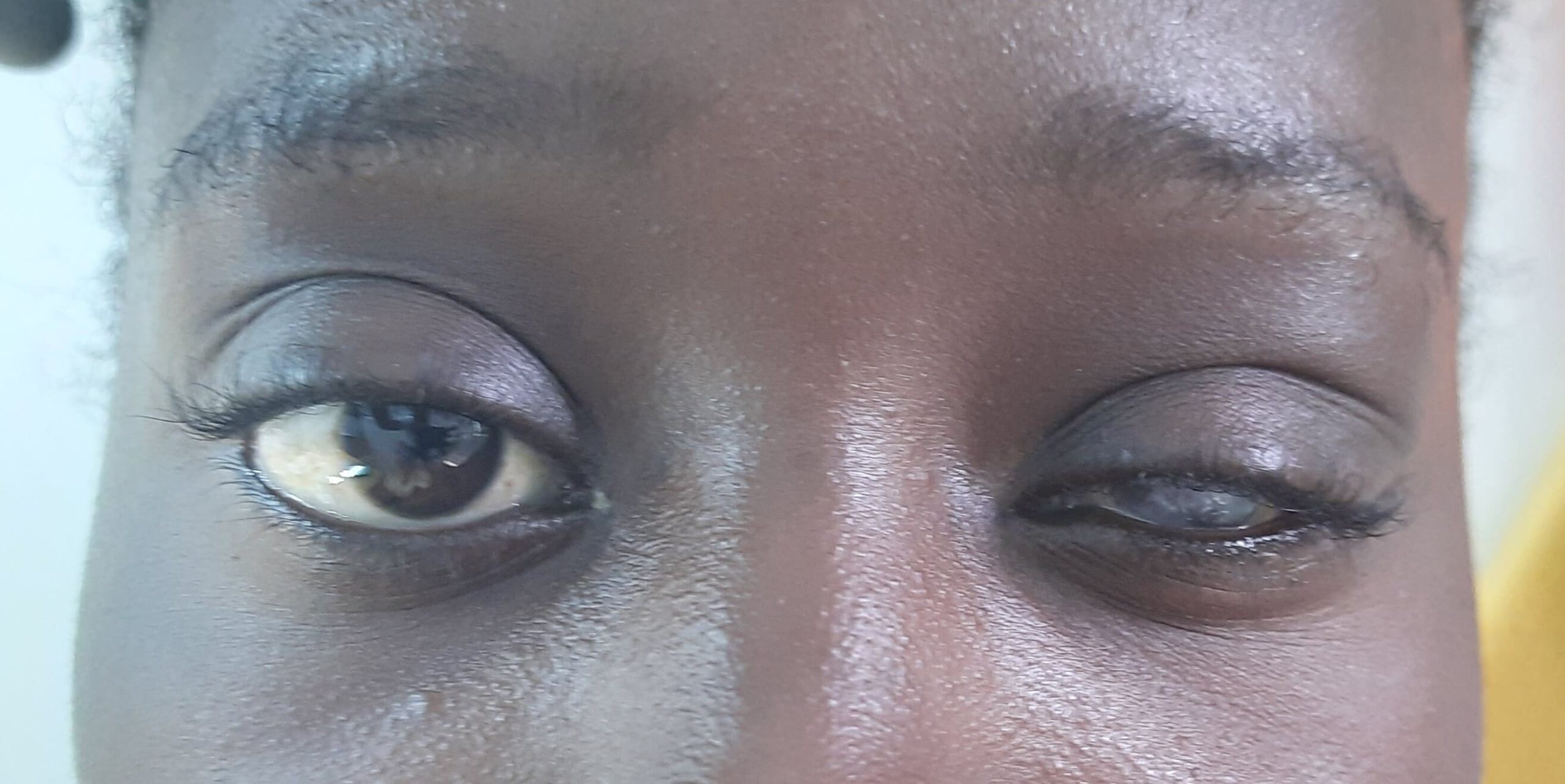
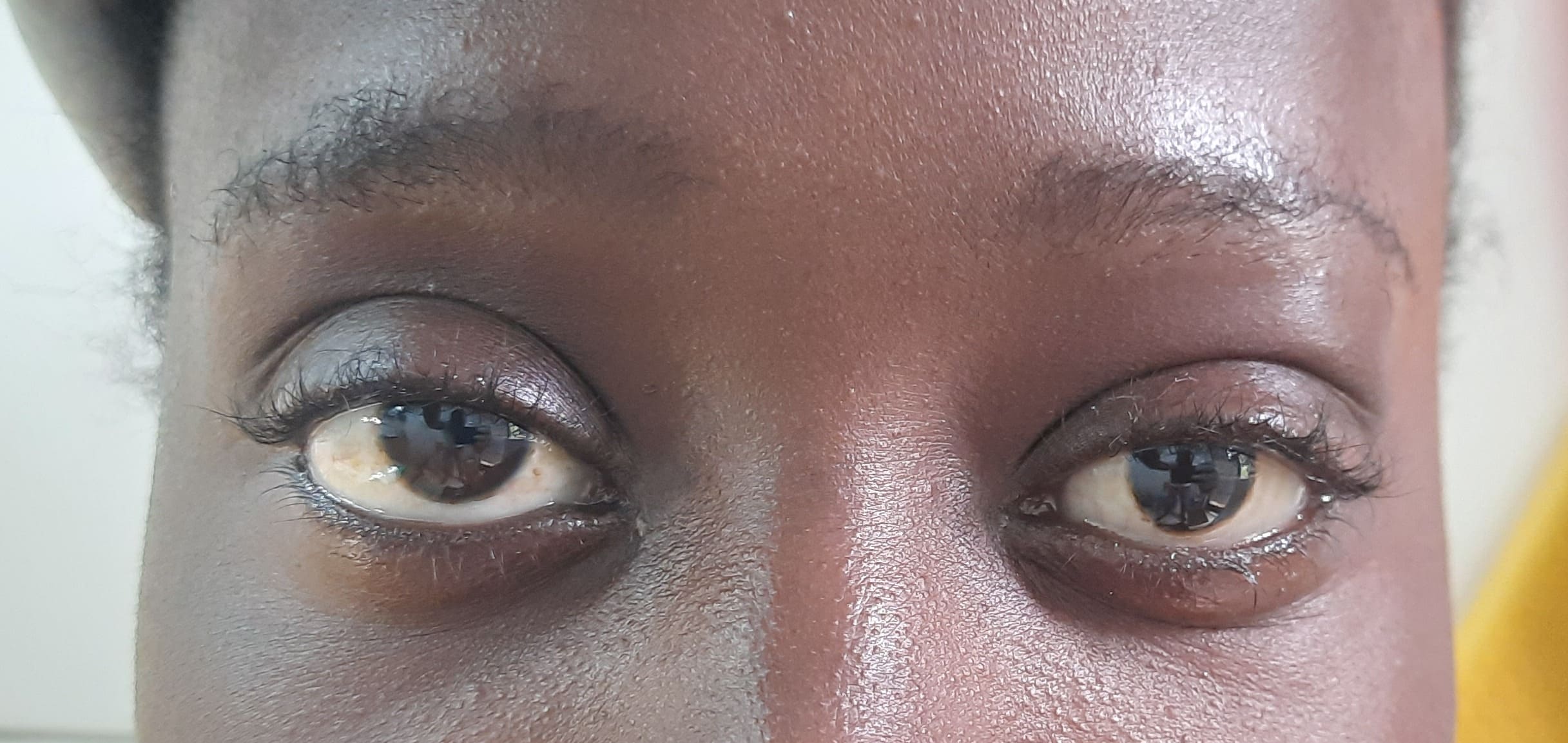
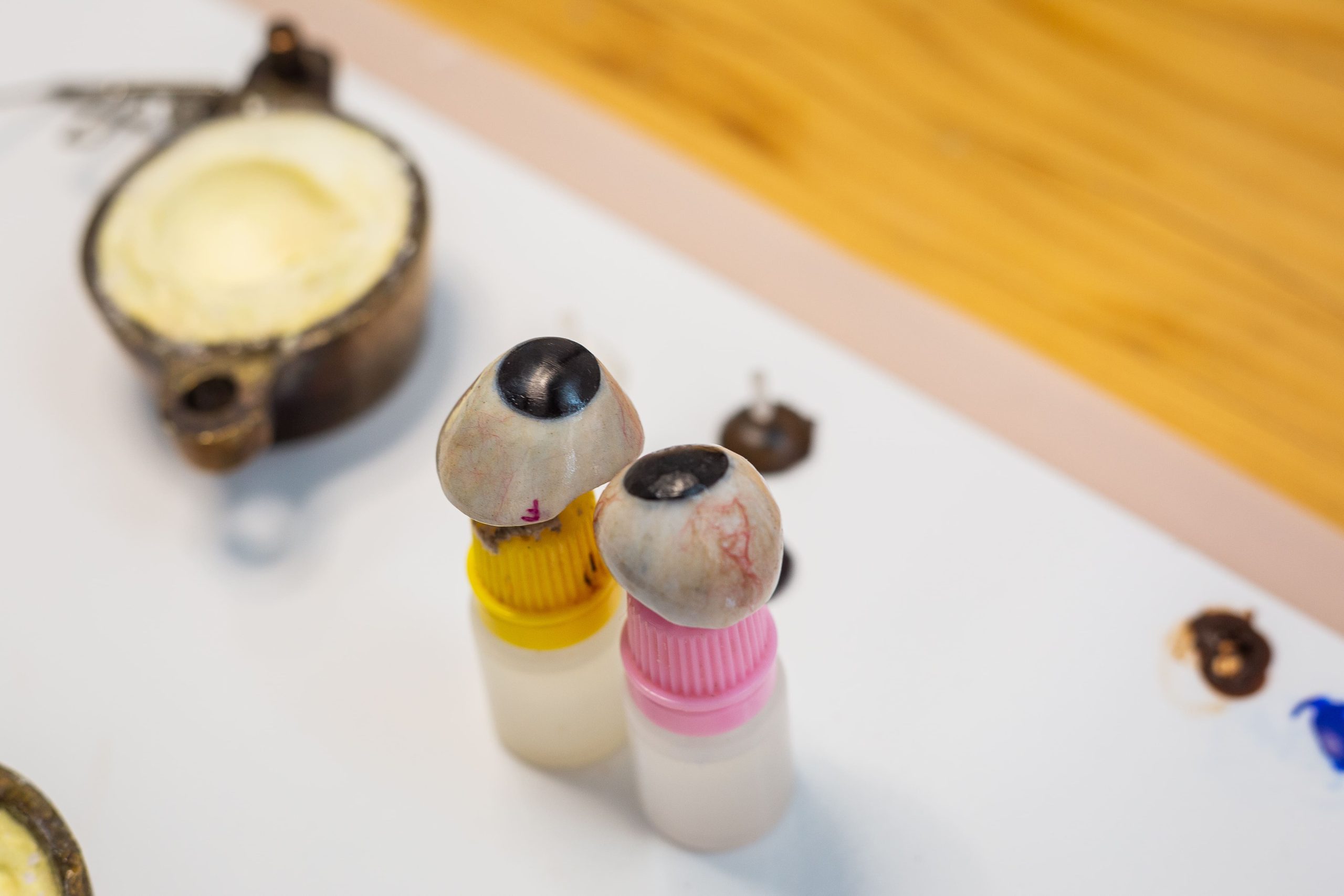
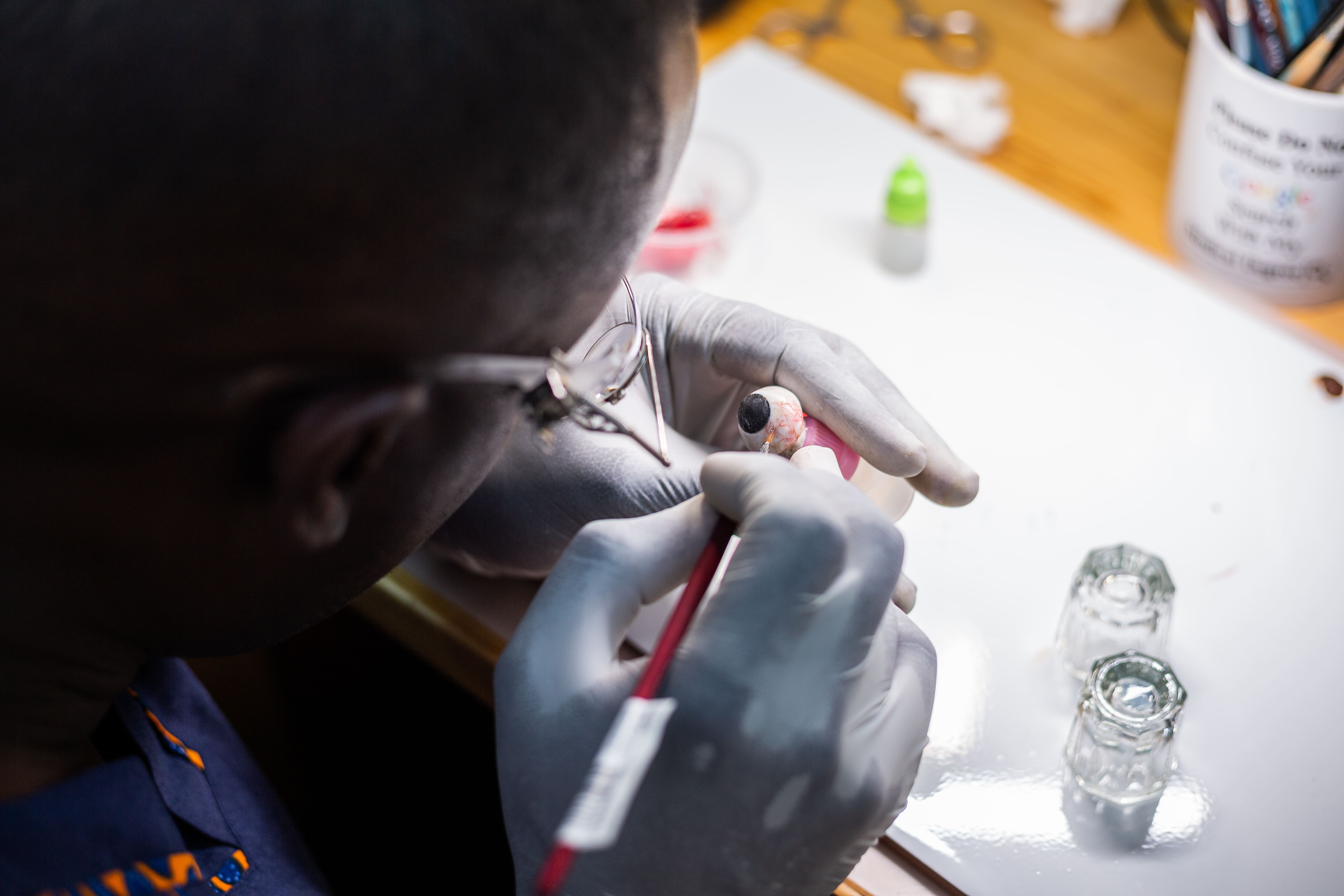
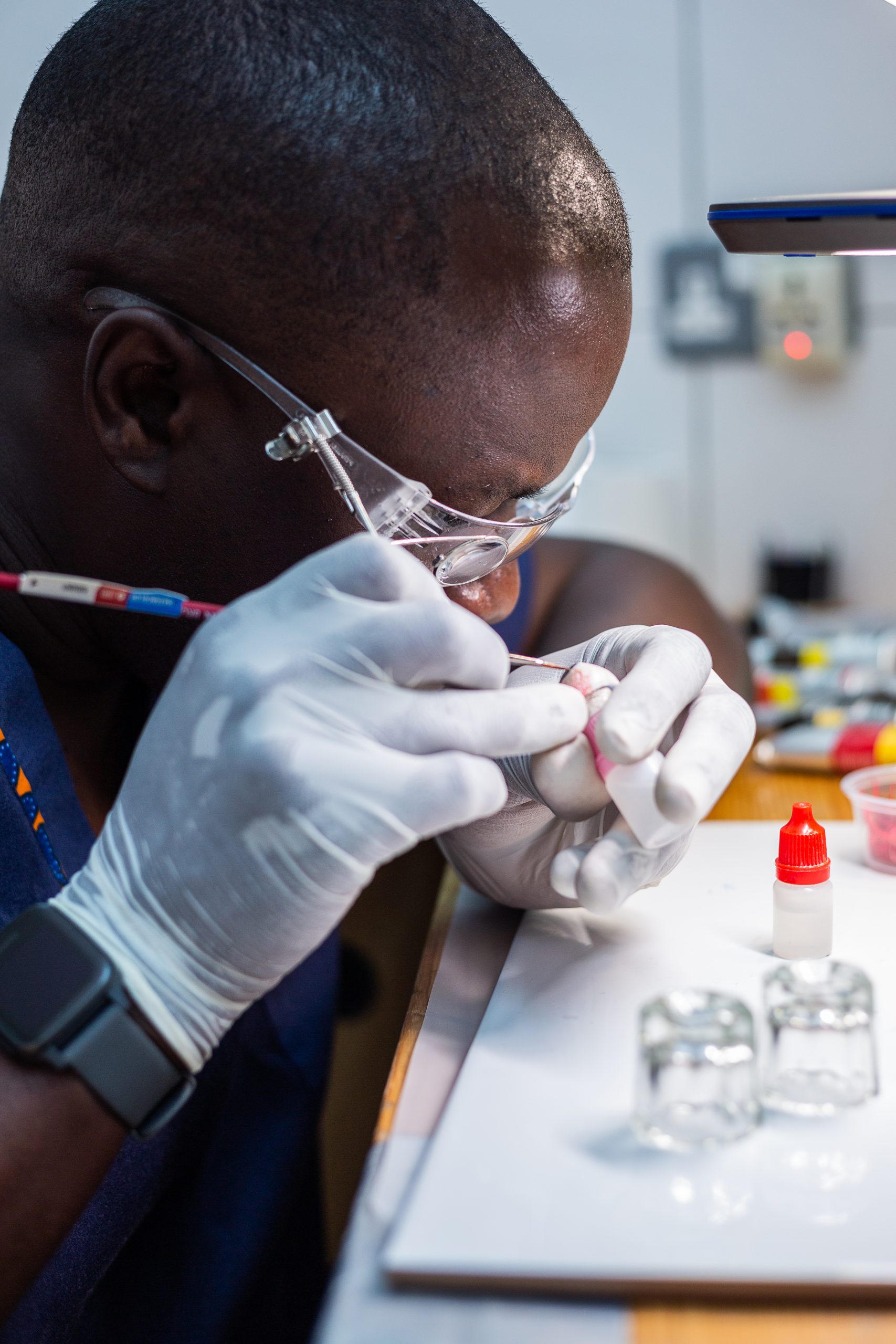
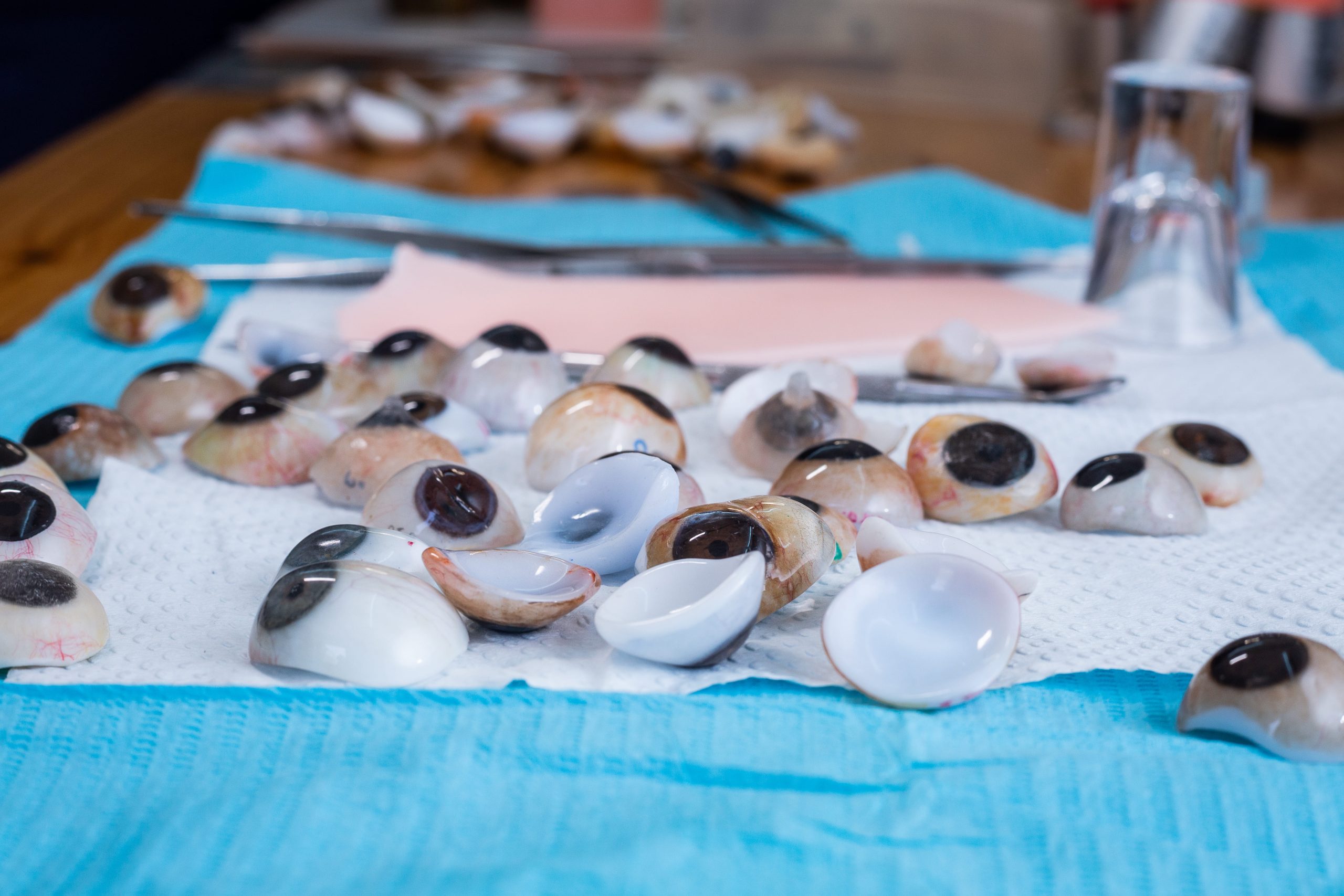
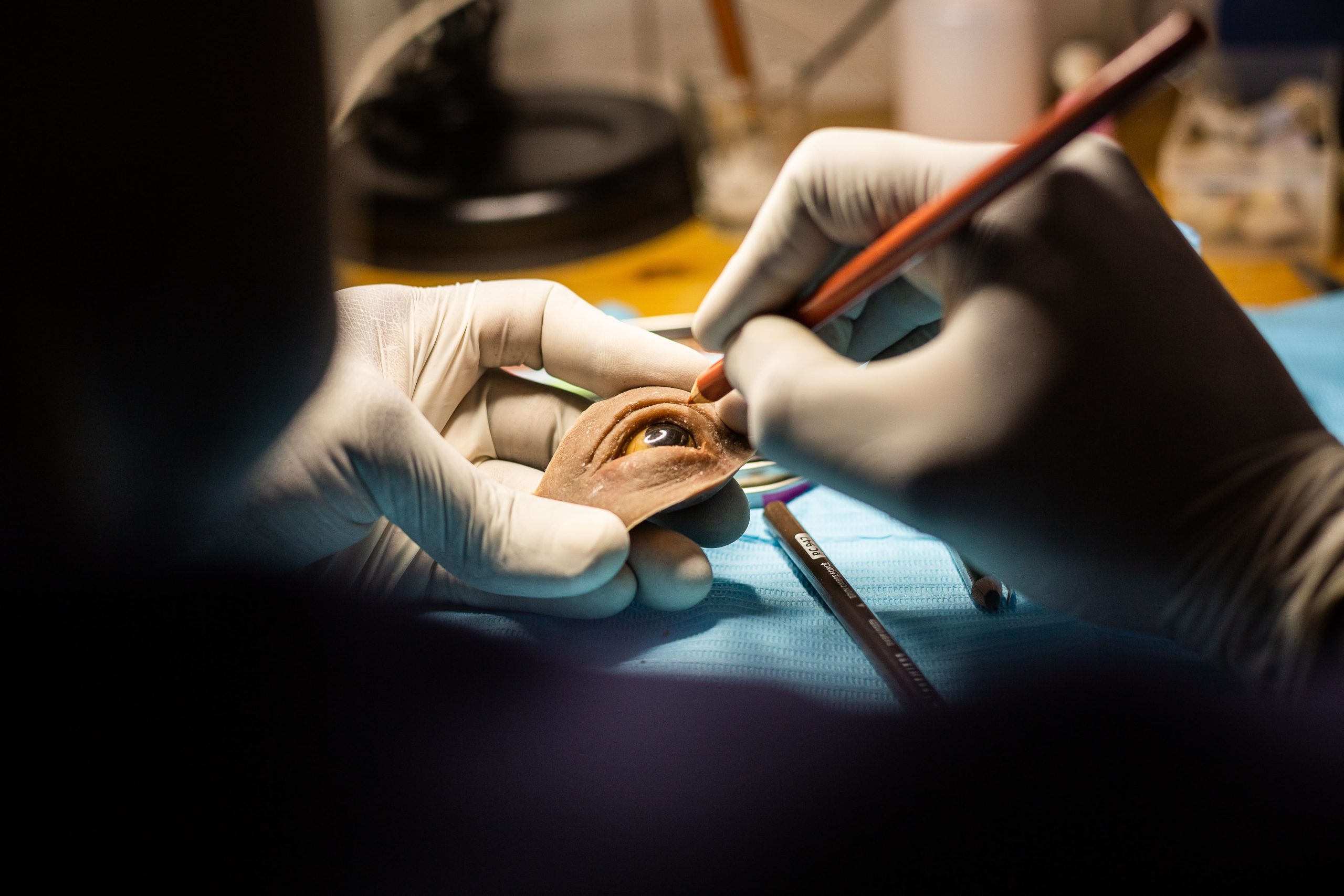
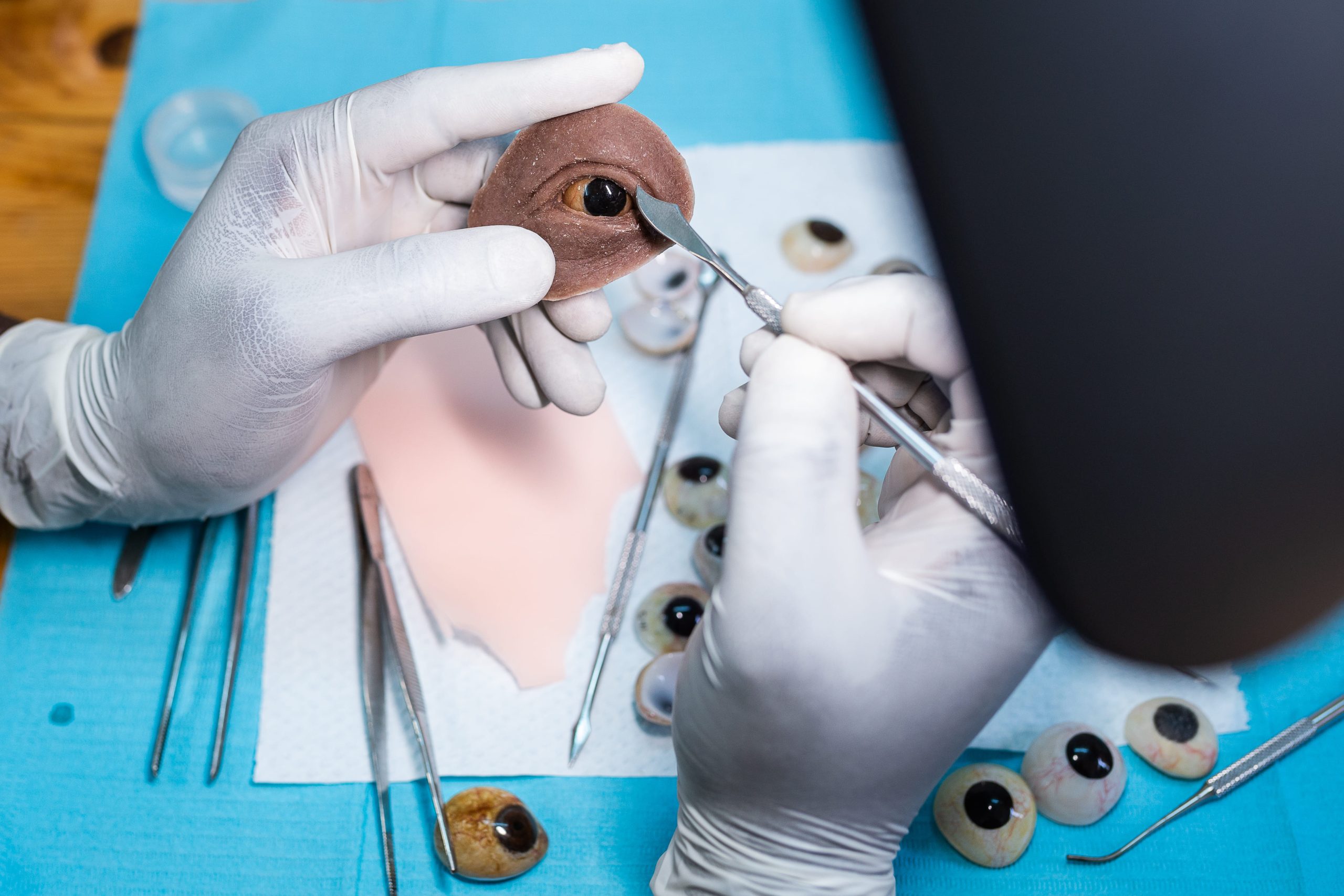
Leave a Reply